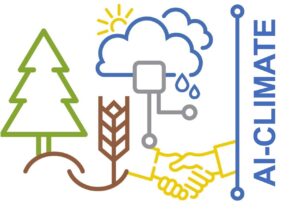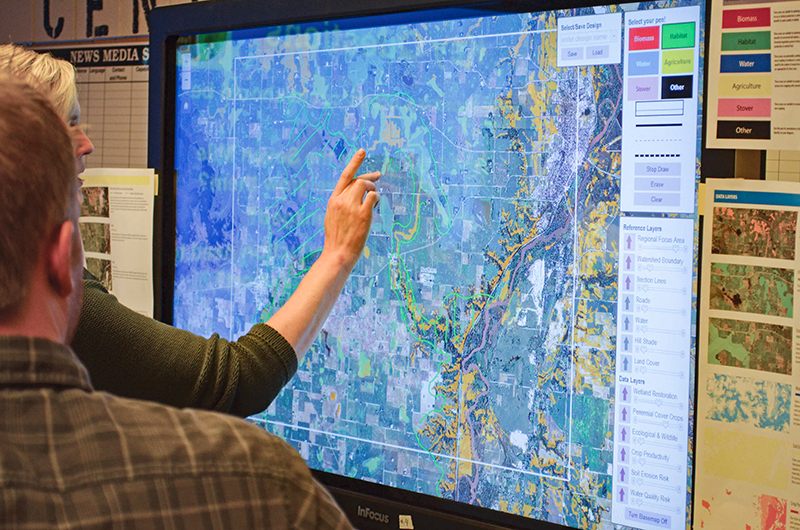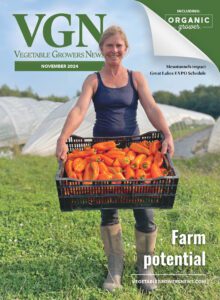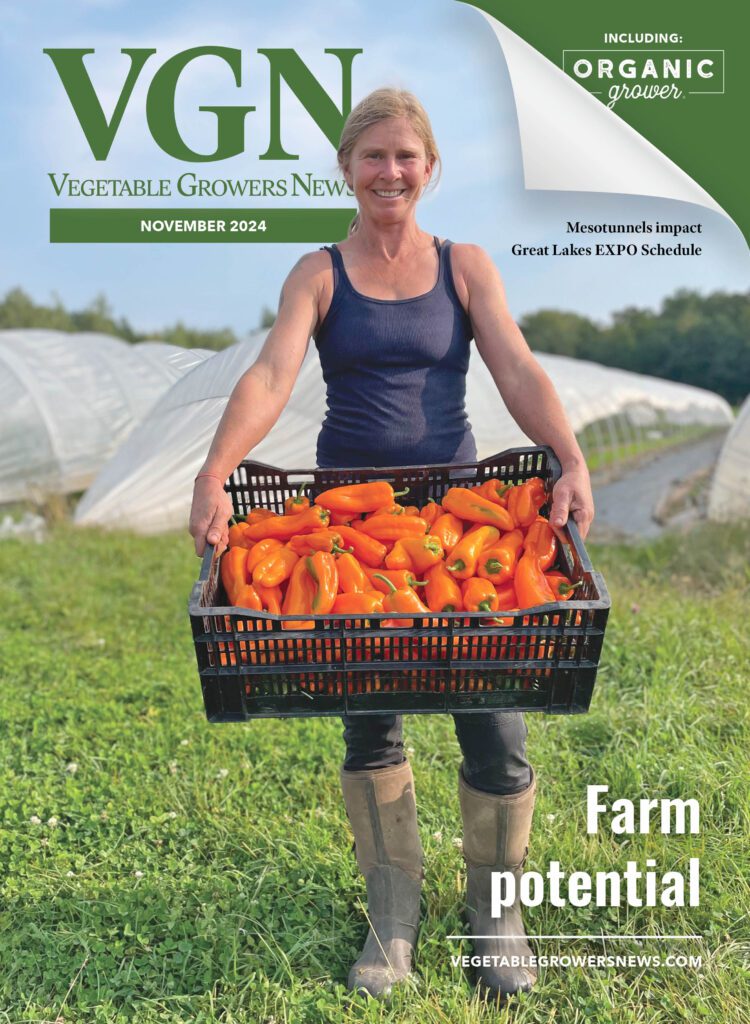May 8, 2023Climate grant awarded to Purdue
Purdue University has received a grant to help fight climate change in agriculture.
The university won a five-year, $500,000 grant to play an education and workforce development role in the new $20 million AI Institute for Climate-Land Interactions, Mitigation, Adaptation, Tradeoffs and Economy (AI-CLIMATE).


“Our ultimate goal is to help facilitate knowledge transfer and the adoption of environmentally favorable practices,” Bruce Erickson, clinical associate professor of digital agriculture in the Department of Agronomy at Purdue, said in the news release. “We think we can do that while enhancing the productivity and economic viability of farms and the businesses that support them.”
The institute is one of seven new AI Institutes funded by the National Science Foundation and the U.S. Department of Agriculture’s National Institute of Food and Agriculture. It is part of a larger federal initiative totaling nearly half a billion dollars to bolster collaborative artificial intelligence research across the country.
Artificial intelligence enables computers to mimic human intelligence. It is tightly intertwined with data science and high-performance computing. Operating together they accelerate information processing in ways that can exceed human capabilities.
Researchers at AI-CLIMATE will work to improve the accuracy and lower the cost of accounting for carbon and greenhouse gases in farms and forests. In the end, this makes the process more accessible to more people, according to the release.


Purdue’s role will be to guide the collaboration’s development and deployment of instructional modules and other education related to digital agriculture and artificial intelligence in climate-smart agriculture.
“We are also going to develop tools for farmers and agribusiness professionals that will help them to better adopt environmentally favorable practices in farm fields and forests,” Erickson said in the release. “Some of these tools will originate from the research part of this program.”
Erickson helped develop Purdue’s Agronomy e-Learning Academy, which has delivered online courses to thousands of agriculture professionals in recent years. His work in online education and research related to precision farming adoption earned him the 2018 Educator/Researcher Award of Excellence from the PrecisionAg Institute.
The AI Institute’s outreach activities will add content to existing courses and possibly add new courses for undergraduate and graduate students. The institute will also develop learning opportunities for agriculture professionals who work with farmers.
“We realize that we need to prepare tomorrow’s generation, too,” Erickson said in the release. That will involve developing activities and materials targeting students in grades six through 12 and their teachers. This effort will include engaging with the National Agriculture in the Classroom, the National Association of Agricultural Educators, the U.S. Forest Service, 4-H and Future Farmers of America.
PHOTO: Purdue University is among the members of a new institute that will leverage artificial intelligence to help absorb and store carbon in the agriculture and forestry industries. Photo: Shashi Shekhar















